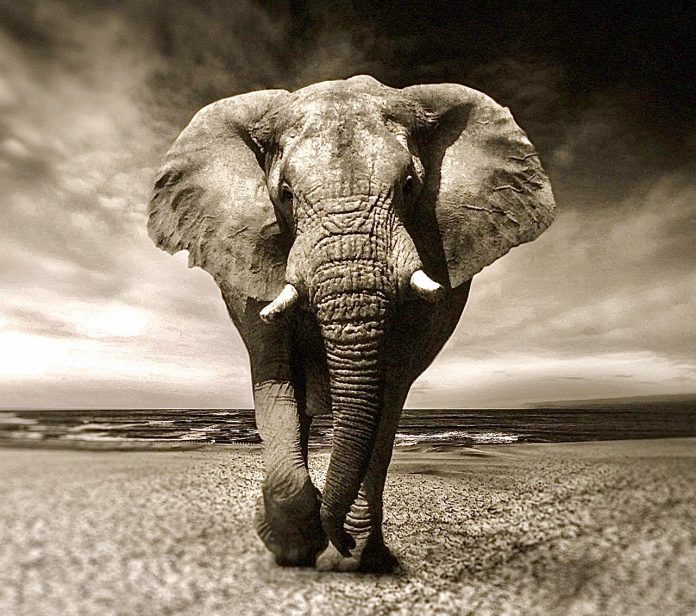
Major Progress Made By Yahoo Japan In Stopping Japan’s Harmful Ivory Market With 100% Drop In Online Stores In 2020
You can help all animals and our planet by choosing compassion on your plate and in your glass. #GoVeg
RELATED ARTICLES
Amazon Faces Growing Backlash Over Selling Cruel Donkey-Hide Gelatin Products
Animal welfare advocates representing millions of people around the world gathered at Amazon HQ2 to hand-deliver over 370,000 petition signatures demanding that Amazon ban...
Man Charged With A Felony For Leaving His Dog Tied To A Fence During Hurricane Milton
A 23-year-old man has been charged with aggravated animal cruelty, a third-degree felony, after footage of his abandoned dog went viral just before Hurricane...
Colorado Officials Call Off Search For Wolf Pup Left Behind After Copper Creek Pack Was Captured
A picture of the suspected fifth wolf pup of the Copper Creek pack. Photo by: Colorado Parks and Wildlife
Conservationists and wildlife advocates are outraged...
Popular stories
International News
African Wildlife Foundation Launches New 10-Year Strategy To Protect Africa’s Wildlife And Wildlands
The African Wildlife Foundation (AWF) has just rolled out their new strategy that will guide the organization’s operations for the next 10 years. The...
News
WAN Exclusive On Animal Welfare Institute’s National Directory That Includes 1200 ‘Safe Havens’ For Domestic Abuse Victims & Their Pets
October is National Domestic Violence Awareness Month, an increasingly important time of the year to shine a light on a dim situation that affects...
Breaking News
Jaguar Cub Saved Thanks To The Recent Passing Of The U.S. Big Cat Public Safety Act
In the first rescue under the Big Cat Public Safety Act (BCPSA), a Texas couple was charged with selling protected wildlife, including an attempt to...


